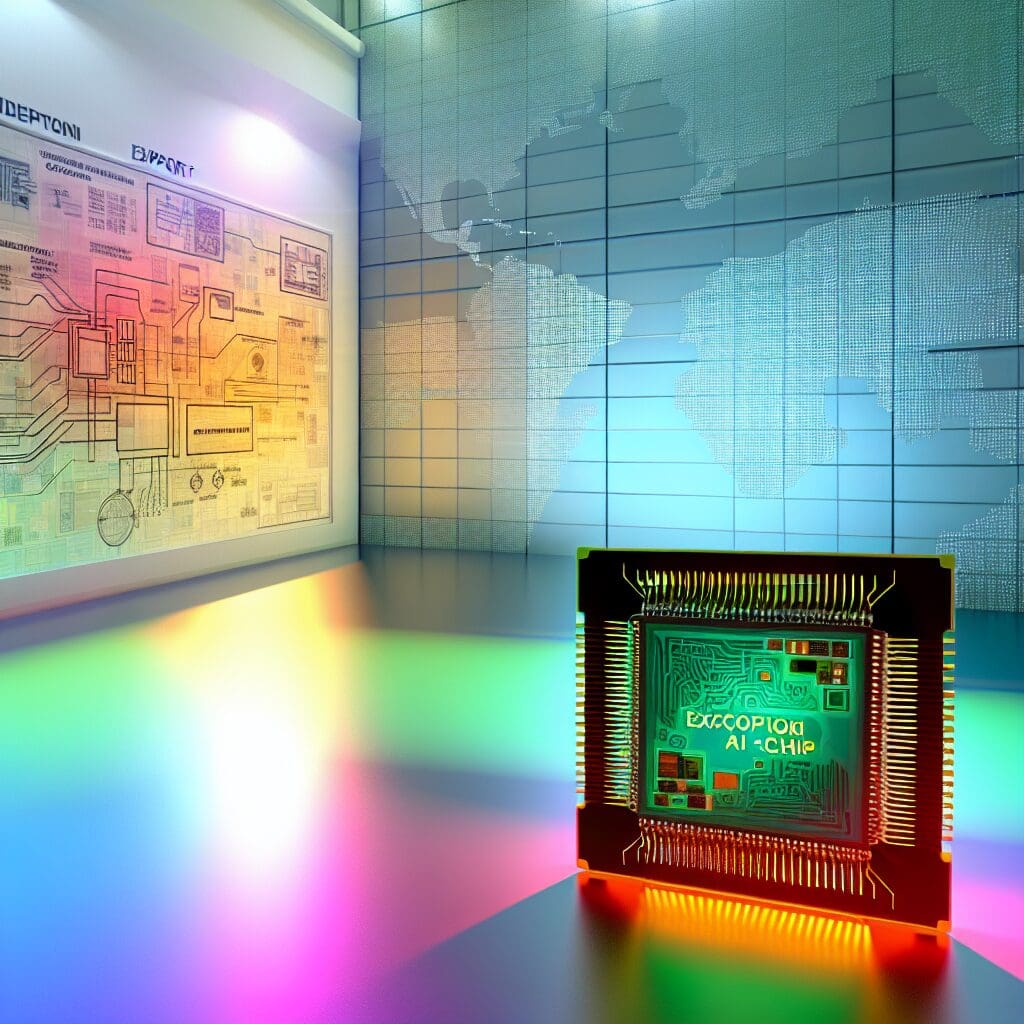Nvidia is making significant moves in the competitive landscape of artificial intelligence (AI) hardware by developing chips specifically tailored for the Chinese market. As the United States continues to impose tighter export controls on advanced technologies, Nvidia’s focus on China underscores the company’s strategic pivot to uphold its dominance in AI chip manufacturing.
In a recent announcement, Nvidia projected that it would sell over 1 million of its H20 AI chips in China within the year, translating into anticipated revenue of more than $12 billion. This surge in sales contrasts with the initially subdued performance of the H20 chips, highlighting the growing demand for specialized AI hardware in the Chinese market.
This development is particularly noteworthy against the backdrop of the ongoing trade tensions and regulatory challenges between the U.S. and China. As the Biden administration intensifies scrutiny over technology exports, Nvidia’s ability to adapt and innovate for the Chinese market showcases a keen understanding of regional needs. Analysts suggest that such tailored solutions not only help Nvidia maintain a competitive edge but also allow it to capitalize on China’s robust investment in AI technology.
Furthermore, industry experts believe that Nvidia’s strategic approach could set a precedent for other tech companies navigating the complex landscape of global trade and technology transfer. By cultivating partnerships and understanding local market demands, companies can successfully navigate regulatory hurdles while tapping into lucrative opportunities abroad.
In summary, Nvidia’s creation of China-specific AI chips is a powerful example of how businesses can respond to geopolitical changes and seize market opportunities. Their foresight in adapting to local demands while addressing regulatory challenges reflects a broader trend in the tech industry—positioning themselves for long-term success amidst evolving global landscapes.












